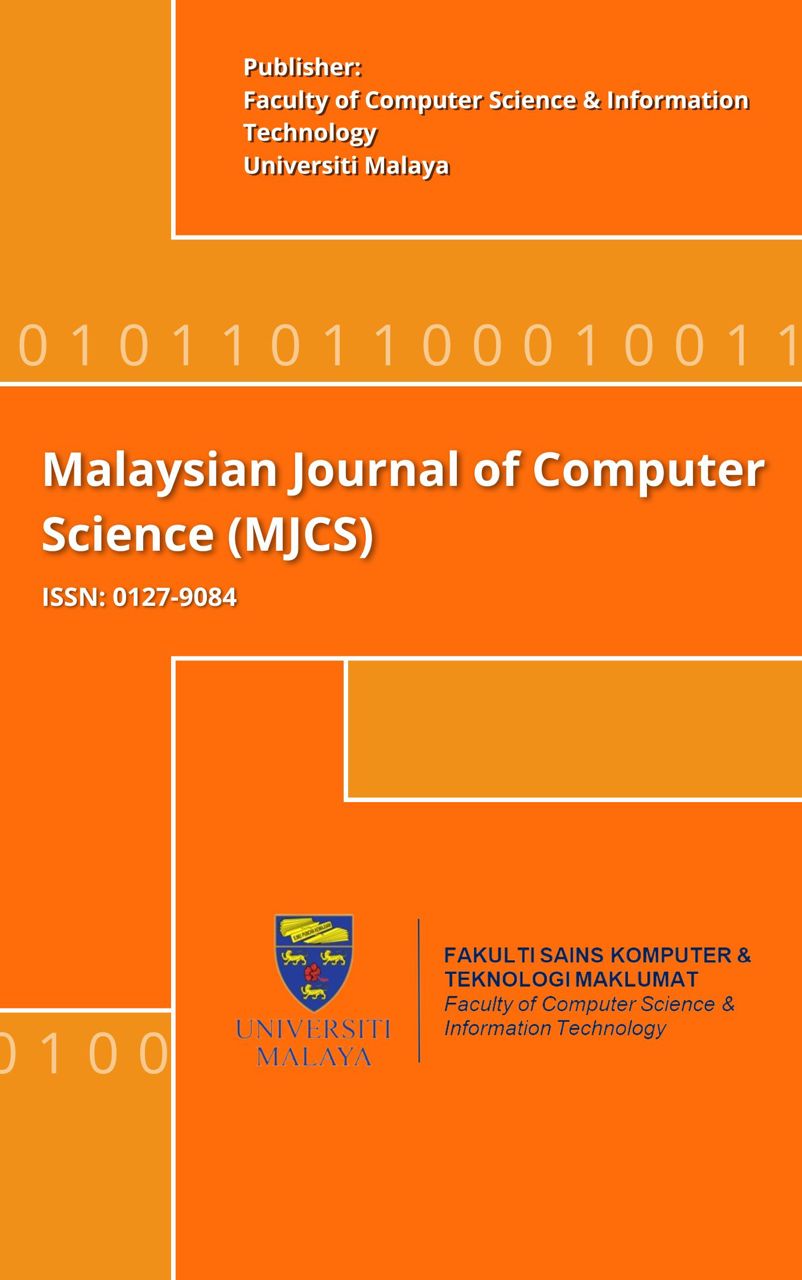A SYSTEMATIC LITERATURE REVIEW ON ETHICAL FRAMEWORK FOR ADOPTION OF GENERATIVE ARTIFICIAL INTELLIGENCE
Keywords:
Ethical Framework; Generative Artificial Intelligence; Systematic Literature Review; Adoption.Abstract
Generative Artificial Intelligence (GAI) has rapidly disseminated within a brief period. Given GAI's early development and widespread presence, significant issues have arisen concerning the training and functioning of its underlying models, especially in ethical domains such as those related to ChatGPT and NLP. Thus, it is imperative to engage in more extensive discourse on the subject. Despite these advancements, GAI continues to pose substantial ethical concerns, such as the potential for the fabrication of scientific results which creates false information. These concerns underscore the necessity of addressing ethical challenges to maintain the integrity and efficacy of educational and research environments. This study aims to critically analyze the ethical challenges, limitations, and potential studies for adopting GAI systems through a systematic literature review. We utilized the Preferred Reporting Items for Systematic Reviews and Meta-Analyses (PRISMA) methodology to examine and evaluate relevant research studies. The research targeted articles published in 2023 and afterward. This systematic search was conducted from May 11 to May 17, 2024. From 712 records retrieved from nine academic databases, 9 duplicate record papers, 503 publications were determined to be incomplete and unrelated, 46 papers cannot be retrieved, and 28 are not peer-reviewed. As a result, twenty-three (23) research publications were found from 126 papers were qualified for consideration. The systematic literature review revealed that challenges related to the existing ethical framework for GAI adoption include addressing ethical concerns, establishing an evaluation model, formulating global principles for the ethical use and development of GAI-based systems, creating frameworks to regulate the ethical and responsible use of GAI, and addressing privacy and security issues, alongside the necessity for clear guidelines and ethical parameters for ethical GAI. The limitations identified in recent studies include insufficient empirical evidence and validation, a need for practical implementation, insufficient specific guidelines, insufficient evaluation metrics, and measurement instruments, and the necessity for further exploration of ethical considerations. The prospective studies within the current research framework involve the development of practical implementation standards, guidelines, and best practices; the creation of evaluation metrics; the formulation of regulatory frameworks to ensure ethical use; the collection of stakeholder perspectives; and the exploration of ethical implications alongside industry-specific analyses. Overall, this review can be used as a guide for researchers and all interested parties to encourage further research and experimentation related to ethical GAI adoption in the future.
Downloads
Published
How to Cite
Issue
Section
License
Copyright (c) 2025 Malaysian Journal of Computer Science

This work is licensed under a Creative Commons Attribution-ShareAlike 4.0 International License.






